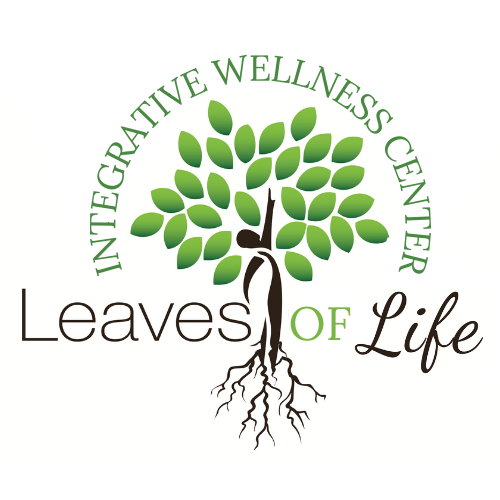Supplement Superstars Series
How many times have you purchased a supplement, only to find it didn’t deliver the results you expected?
This series pulls together the combined clinical wisdom of five seasoned healthcare providers, totaling almost 100 years of experience recommending supplements.
We're here to share our absolute favorites – the supplements that hit the mark 90-95% of the time.
Meet Cardiotone
This is an Ayurvedic herbal formula that decreases anxiety and lowers blood pressure--almost every time! Most patients take 1 small round tablet daily.
Why all the HYPE about hypertension?
Blood pressure is the amount of force the heart uses to push blood thru the network of arteries to deliver nutrients and oxygen to all parts of the body. When pressure is high, it can cause damage to vessel linings that can lead to inflammation, plaquing and hardening of the arteries.
High blood pressure (hypertension) is sometimes called a “silent killer,” because it often has no warning signs, yet it’s the NUMBER ONE risk factor for stroke.
Blood pressure is measured using two numbers. The top and higher of the two is the systolic blood pressure. It represents the force of the heart’s contraction.
Diastolic blood pressure is the bottom, smaller number that measures the pressure remaining in your arteries when the heart is resting between beats.
A blood pressure of 120/80, once considered “normal,” is now considered pre-hypertension, and the recommended intervention is lifestyle and diet. Once blood pressure reaches 140/90, medications are typically prescribed. While medications are usually quite effective at lowering blood pressure, they can also cause side effects that negatively impact quality of life.
Here are the most common side effects associated with some of the most frequently prescribed blood pressure meds:
Beta blockers (end in “LOL” such as atenoLOL): fatigue, insomnia, constipation, nausea, dizziness
Diuretics: electrolyte changes, weakness and lethargy, dizziness, sexual dysfunction, high blood sugar, headaches, urinary frequency, restlessness
Angiotensin II blockers (generic name ends in “TAN”): fatigue, dizziness, headache, lowered kidney function
ACE inhibitors: chronic dry cough, headaches, loss of taste
If you’re experiencing any of these common side effects, at the very least, consider working with your doctor to find an effective medication that is better tolerated. Or, better yet, see if they’re willing to help you try out something natural.
Either way, your body will thank you!
Getting Started
Many of our patients are able to normalize their blood pressure with just one tablet of Carditone per day (experiment to see if am or pm dosing works best for you). Occasionally, a lower dose is needed! The highest dose we’ve seen is a local business owner who takes 2-1/2 tabs per day. He states:
If you currently take prescription blood pressure medication, before making any changes, inform your prescribing provider so she/he can work with you to lower your dosing as the Carditone takes effect, usually within 1-3 doses. We recommend purchasing a blood pressure cuff so you can get a baseline of your typical measurements prior to starting. This will help guide your provider as they help you back down your medication.



